Romantic novels have a broad readership made up of young adults and teenagers who read them as a way to escape the harsh truths of life. As alluring as the made-up worlds of romance novels may be, it is an indisputable fact that these works promote impractical notions of beauty and love that have little to do with the real world. Due to the increase in demand for this type of writing, readers need to be aware of the differences between what they consider to be the truth of everyday life and what only feeds their illusions. This piece shall discuss the several clichés seen in popular romantic books and how they succumb to toxicity and the rigid patriarchal rules.
The trope of a sweet feminine girl falling in love with a cold domineering man in romance novels
Romances frequently promote the notion that only girls who conform to the patriarchal society’s criteria of beauty, have pretty features, and are feminine archetypes are deserving of love. This idea, which frequently preaches that a woman must be attractive to men to be deserving of love, demonstrates how poisonous these beauty standards can be.The female characters Ava and Stella in Ana Huang’s Twisted Love and Twisted Dreams are presented as idealised women with ideal body types and are very alluring to men since they are depicted as kind women who fall in love with a cold and powerful man.
The male characters Alex and Chirstian fall under the trope of the devilish, dominating man. In addition to encouraging a harmful ideal of beauty for women, this also presents men in an unrealistic light, as though they must have chiseled, arching muscles that give them a godlike, manly appearance. The perpetuation of the notion that men have no feelings and are firmly anchored in their manly heritage illustrates how damaging these stereotypes are. Huang writes, ‘Physically everything about him was beautiful. The jade green eyes that glared out of from beneath dark brows like chips hewn from a glacier.’ Ana Huang presents Alex as a cold, merciless hero with a traumatic history.
Another example of this trope is the After series by Anna Todd, which dwells on the journeys of Hardin and Tessa. Tessa is the stereotypical nerd who falls for the bad boy Hardin. The show exemplifies the cliché in which Tessa heals Hardin’s trauma, perpetuating the poisonous belief that one should wait for another person to heal one’s unhealed pain and grief rather than accepting responsibility for one’s acts and self.
The perpetuation of the notion that men have no feelings and are firmly anchored in their manly heritage illustrates how damaging these stereotypes are.
‘Elisabeth Bennett needs to chill. Love is just a transaction. We’re all hardwired to desire. We present the correct set of desirable traits and boom! We can turn it on or we can turn it off.’ says Hardin in After.

When Hardin says to Tessa, ‘There is no one else for me Tessa, you are the only one’, we learn how toxic and complicated the male character’s personality was, as well as how dependent he was on the female character.
The passive female lead in romances as a product of patriarchy
In modern novels, women are frequently portrayed as quiet, well-mannered, obedient, and courteous. This helps to make the women submissive to society and prevents them from rebelling against their problems until a male character comes to their rescue. In these clichés, female characters frequently live in appalling situations and only discover hope and light when their male counterpart shows up to save them. This is frequently shown through the story of a girl who is lonely or as a damsel in distress who later makes friends with a popular boy. The woman needs to alter her physical attributes or her inborn traits that are viewed negatively by society. Women who are portrayed as smart need to mellow down and dance to the tune of society so that the ones around them can tame them to their liking.
Meg Cabot’s The Princess Diaries is examples of the trope of a smart girl often hiding her originality and turning into a feminine character to be accepted by the masses and be liked to fit in the ideal standards of society. On the other hand, Love Hypothesis by Ali Hazelwood talks about how Olive the female character with her smartness and weirdness, is passive and unable to fight her battles until she falls in love with Adam Carlsen, her professor.
The famous line from the book ‘You can fall in love: someone will catch you.’ shows that though the book follows the idea of female characters not being able to gain strength until the love of their life comes along. This often makes the audience believe that someone is going to come to save them from their distress. This lies far from the truth and propagates the false notion of depending on someone else to free you from your torment, leaving you in codependency and starving for validation from others in an unhealthy way. Also this promotes the idea that a woman cannot save herself and always needs a man to a rescue her from the dungeons of life, portraying how women are in need of their saviour.
The rise in the acceptance and likeability of morally grey men in romance novels
Modern romance novels contribute to unjustifiable expectations of love and their portrayal of desirable traits has grown in popularity recently. As consumers’ preferences for these books have risen, so too has the appeal of the morally grey characters. However, the question of what constitutes a morally dubious character and how it impacts the viewership as a whole emerges. Characters in the story that exhibit traits of disdain, hostility, dominance, jealousy, and brutality are known as morally grey men. These people are described as being icy and cruel, frequently mistreating others as a result of unresolved trauma or a traumatic upbringing. In Lauren Asher’s novels, The Fine Print and the series that it is followed by, Rowan Kane, a cruel and heartless business magnate who, due to underlying trauma, has complete control over the world, falls in love with a kind and sunny character named Zahra. This cliché frequently advances the notion that toxic masculinity is a quality that makes a man desirable.
The King of Wrath by Ana Huang revolves around the lives of Dante and Vivian. The trope of forced proximity and arranged marriage is interwoven with underlying scenes of narcissistic ideals and deception that are laid together to form the tale. Possessiveness and gaslighting are depicted as healthy standards of love in these kinds of books. There are lines where the male lead Dante says, ‘I don’t know why I care. I just know I do, and I hate it…I hate the idea of you touching anyone else, or anyone else touching you. I hate that other people can make you laugh in a way I can’t. I hate how I feel around you like you’re the only person who can make me lose control when I don’t. Lose Control.‘
It can be observed in the above lines how possessiveness is shown as a desirable trait in a man by Ana Huang and how it is acceptable to treat someone as though they own them.
Stalking and other crimes are treated as acceptable in romances
Another scary trope that the morally grey men promote is stalking and acceptance of crimes under the name of love. Julia R. conducted a study on this topic- which involves observations on the effects of media portrayals of stalking. Participants who saw a film that depicted persistent pursuit as romantic rather than scary endorsed statements such as ‘many alleged stalking victims are people who played hard to get and changed their minds afterwards’ and ‘an individual who goes to the extremes of stalking must feel passionately for his/her love interest’ more than those who saw the scary version.
The crimes depicted as romantic in these books are not only sources of concern when it comes to toxicity in the name of love but also raises a discerning amount of caution about how this is teaching the young generation to accept crimes and stalking in the name of love.
The crimes depicted as romantic in these books are not only sources of concern when it comes to toxicity in the name of love but also raises a discerning amount of caution about how this is teaching the young generation to accept crimes and stalking in the name of love. Haunting Adeline by HD Carlton dives into the life of Adeline who is stalked by the male character Zade Meadows because he is obsessed with her. The book portrays unacceptable standards of love as it promotes the idea of accepting assault, invasion of privacy and submission in the name of love.
It’s important to distinguish between the realistic narratives of everyday life and the worlds of beauty and love these romances depict, even though reading romantic novels can be a wonderful way to decompress and temporarily escape from the harsh realities of everyday life. We are frequently misaligned between what true love and our everyday lives are like and the image of a billionaire romance or making huge gestures in love like in these books dazzle us. Despite the existence of books that uphold an ideal standard of beauty and love within their respective contexts, the capitalist society tends to favor those with higher sales figures. In any circumstance, we have to be cautious about the negative beliefs and actions we observe in them.
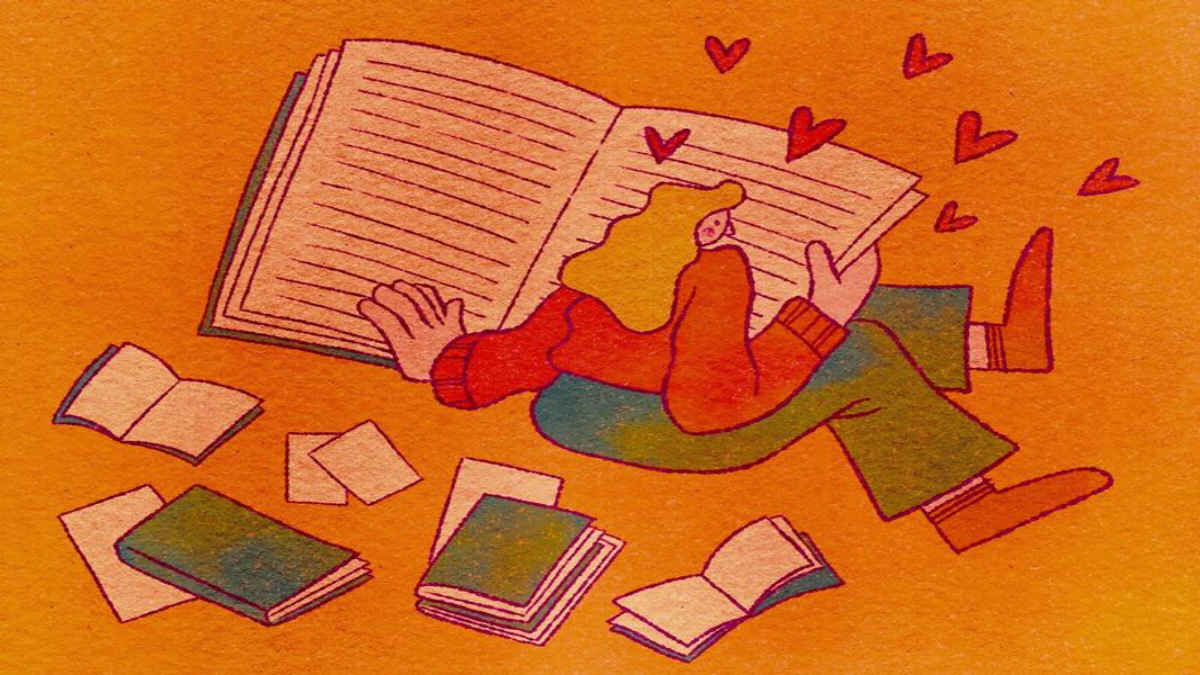

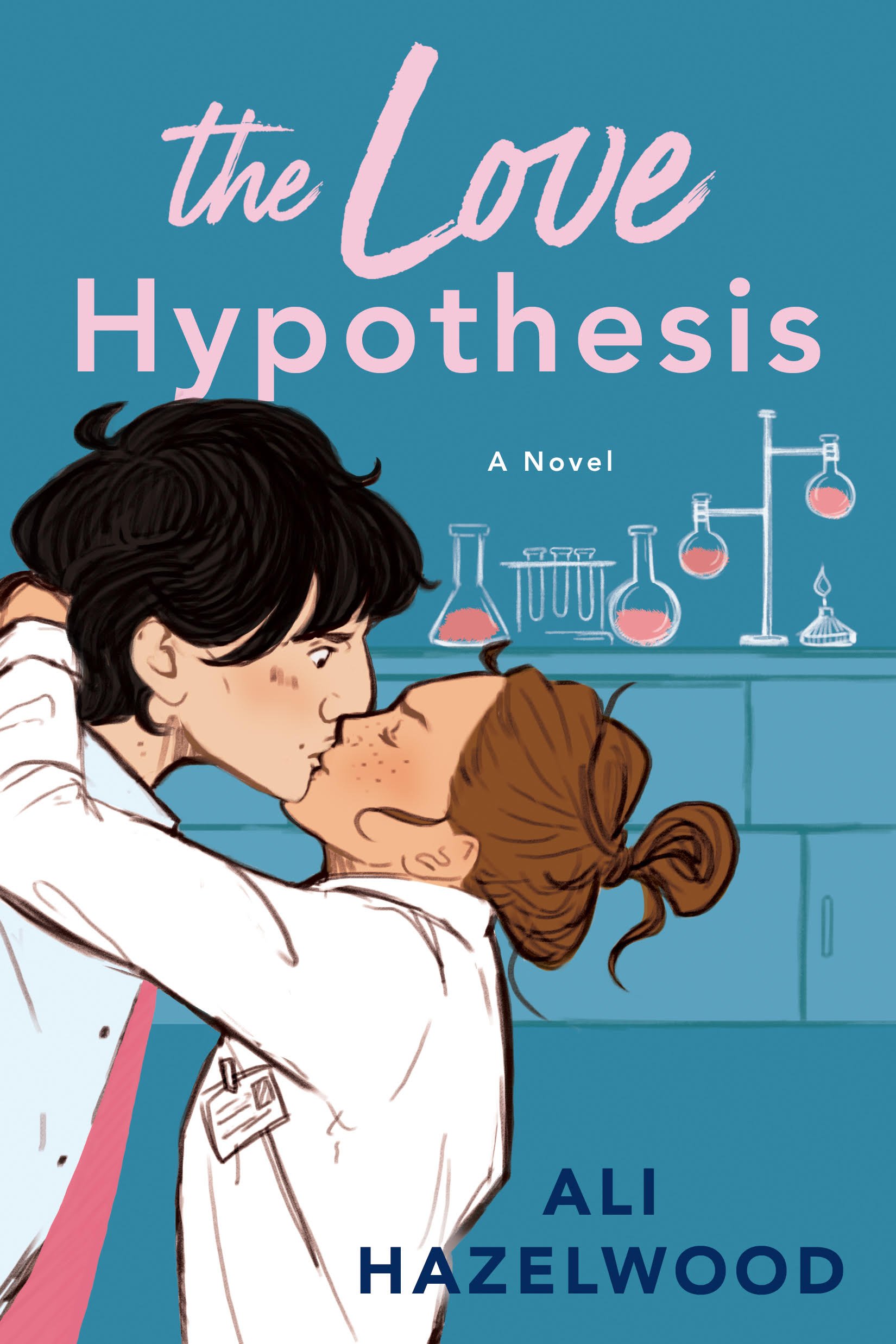
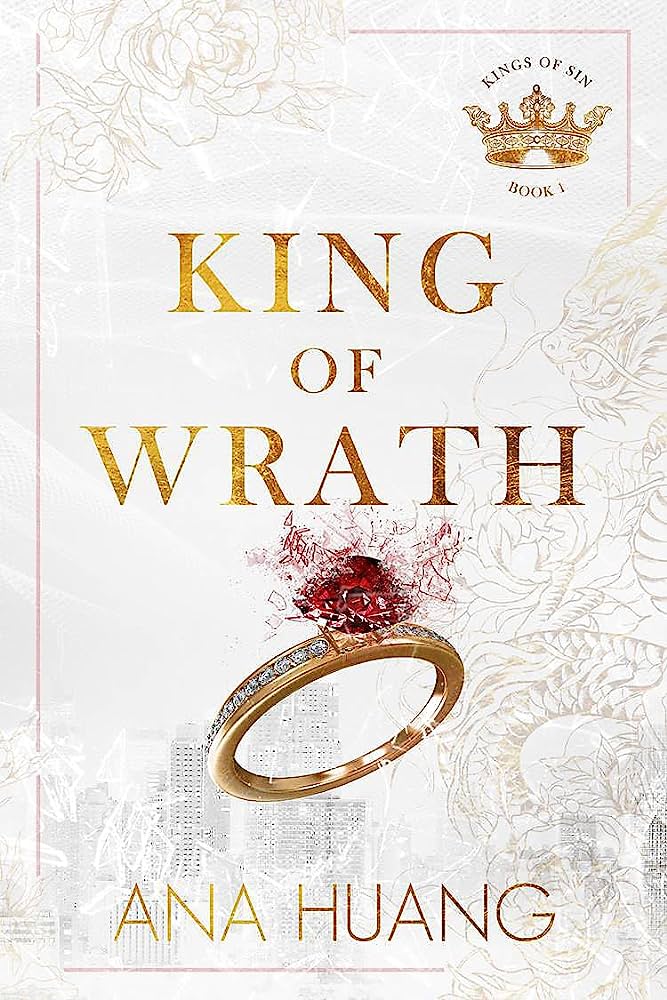
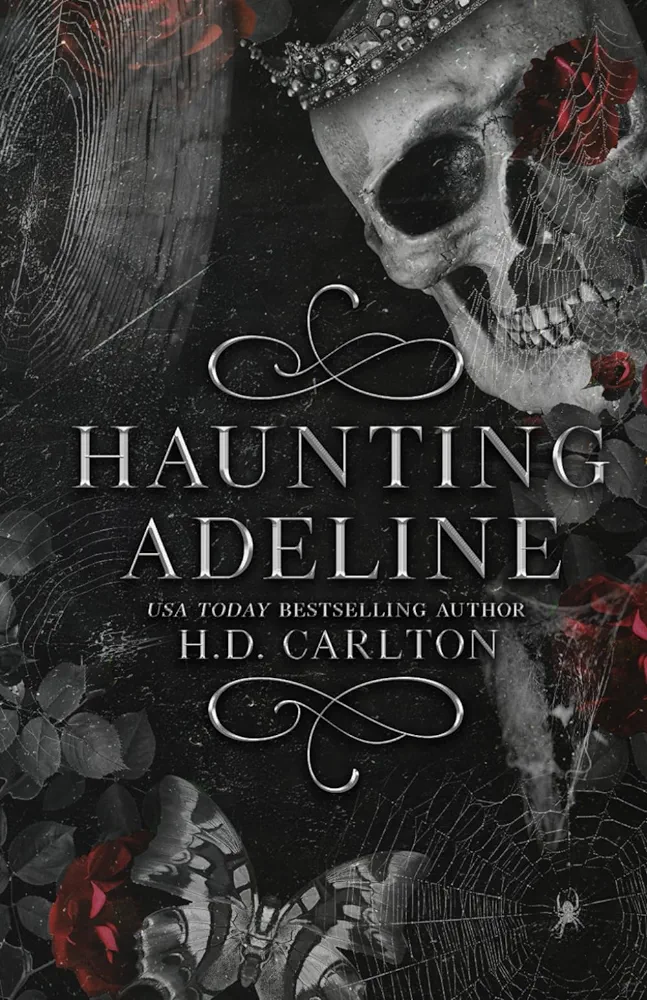

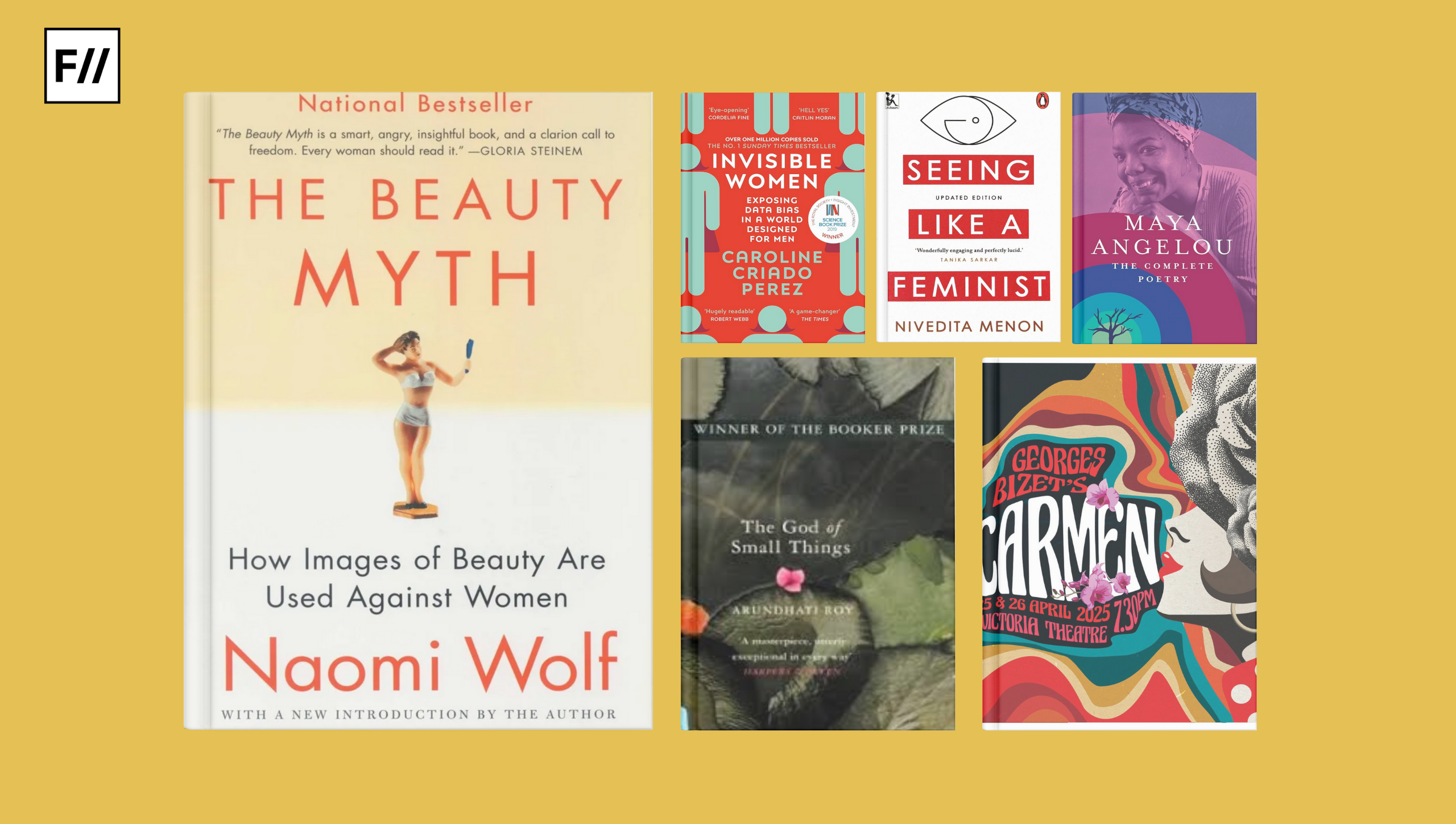
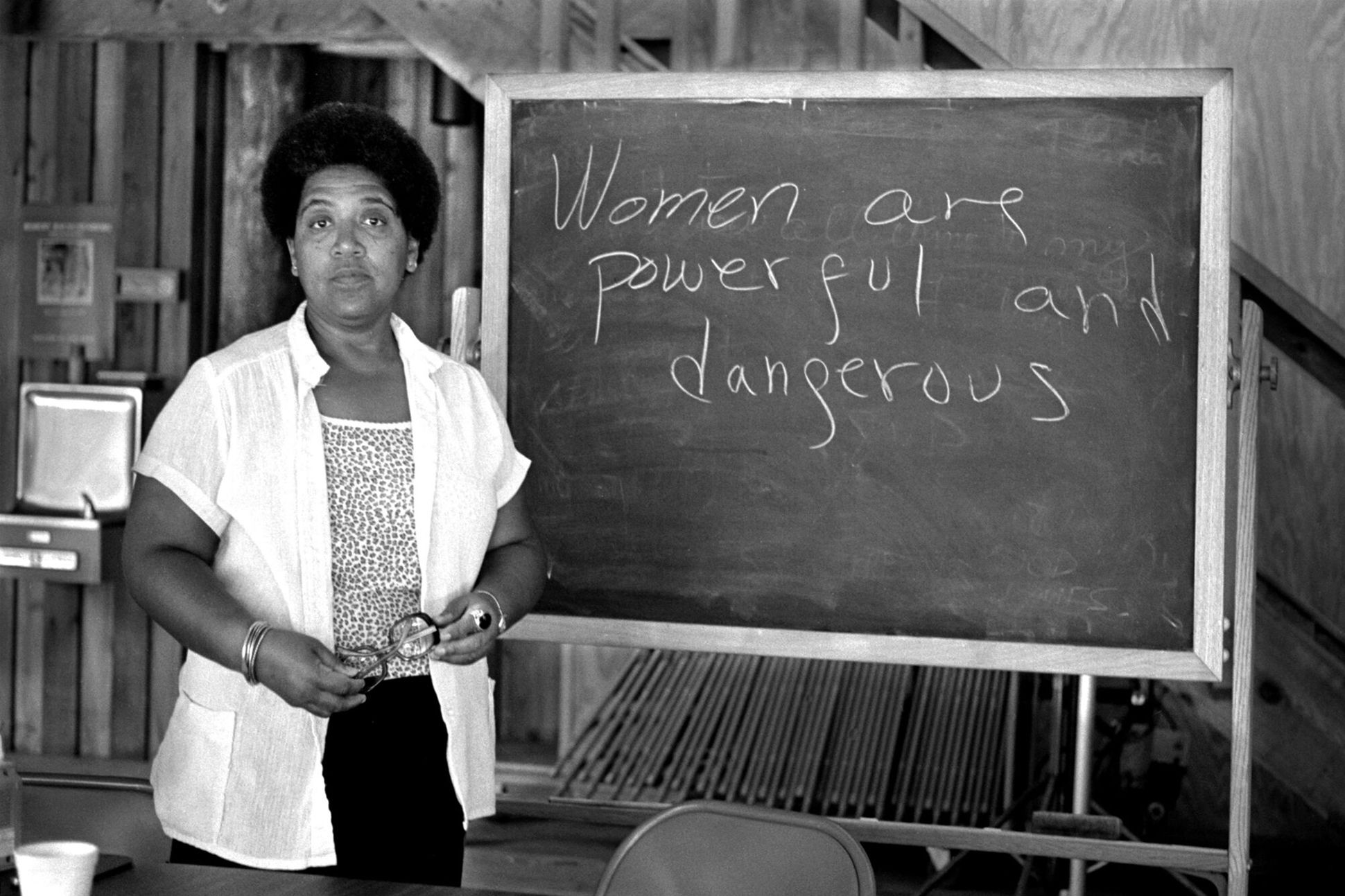
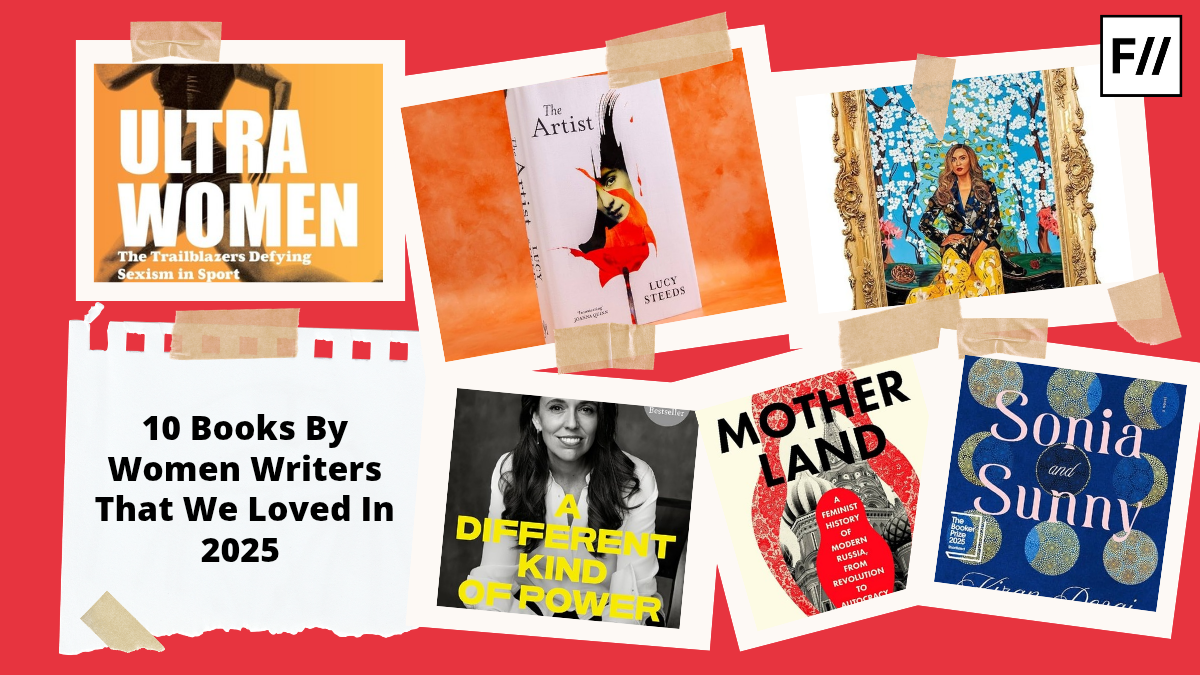

Omg yesss! This post!! 100% agree with every single point. Especially the “idealised women with the ideal body types”, every single book, the FMC is perfect and the most beautiful creature to ever exist. I’m yet to discover a book featuring an average looking woman (and not someone who’s breathtakingly beautiful & assumes she’s average), with plenty of flaws that don’t need any ‘fixing’. I wish I could send your post to all the romance authors 😂